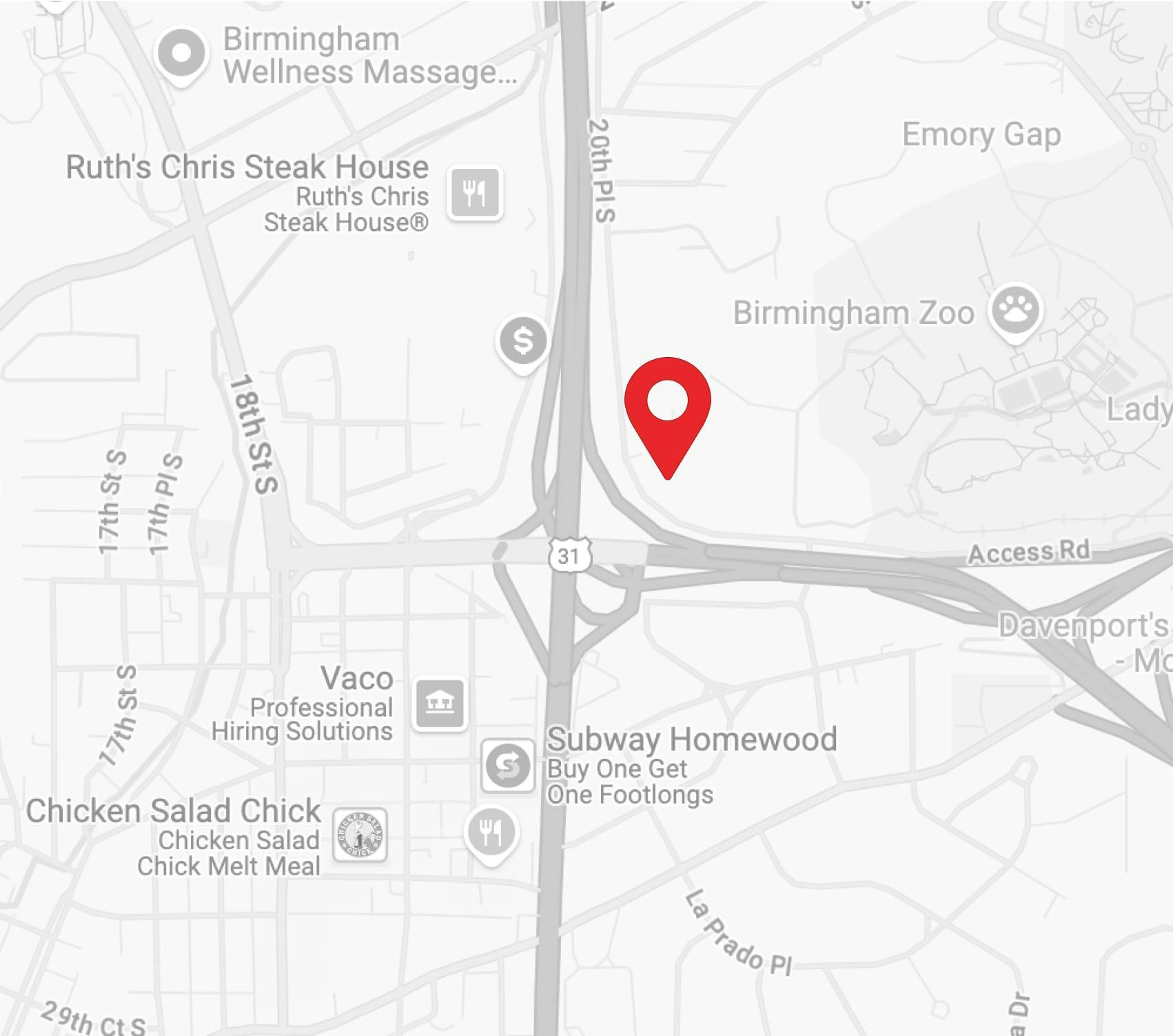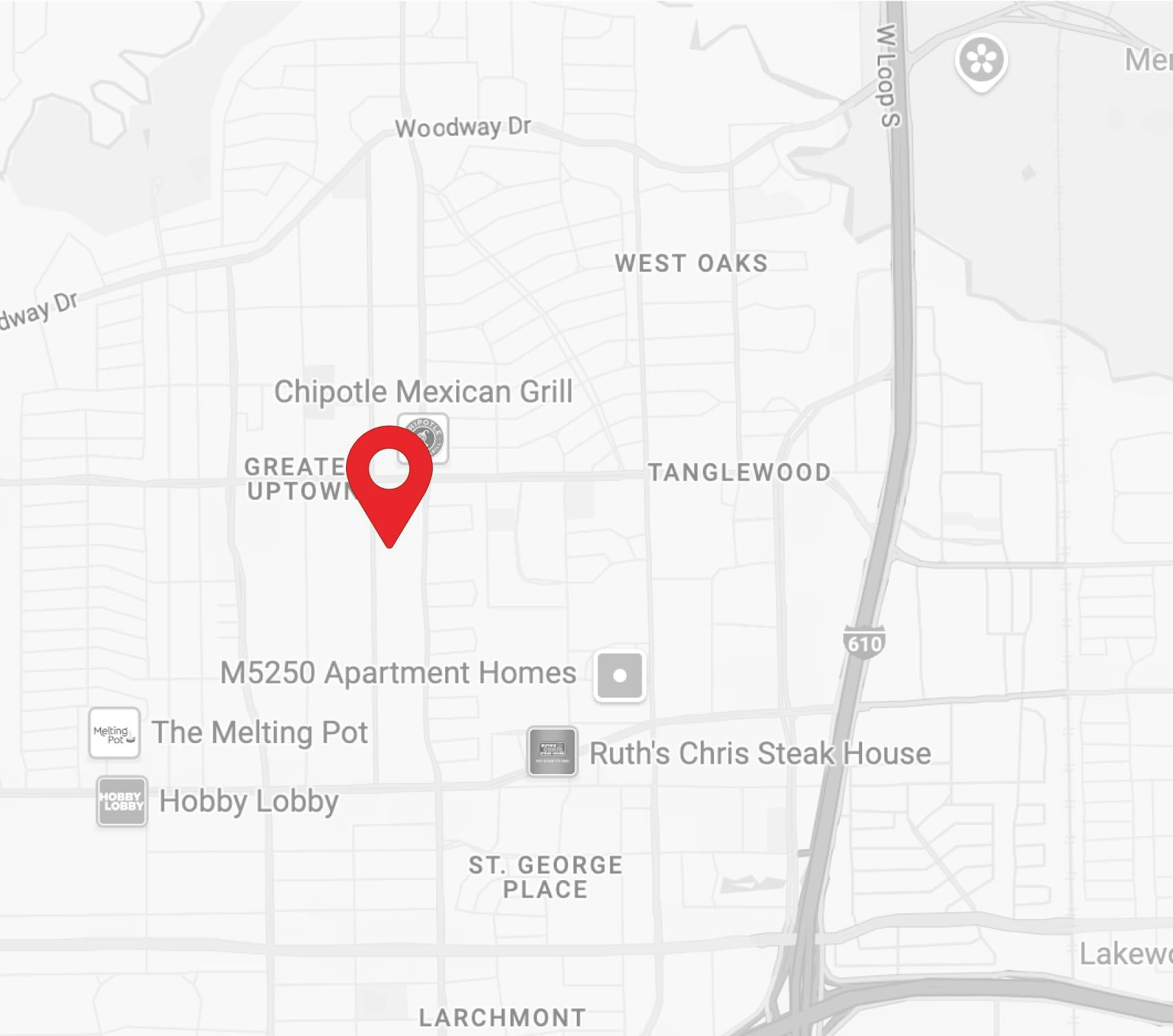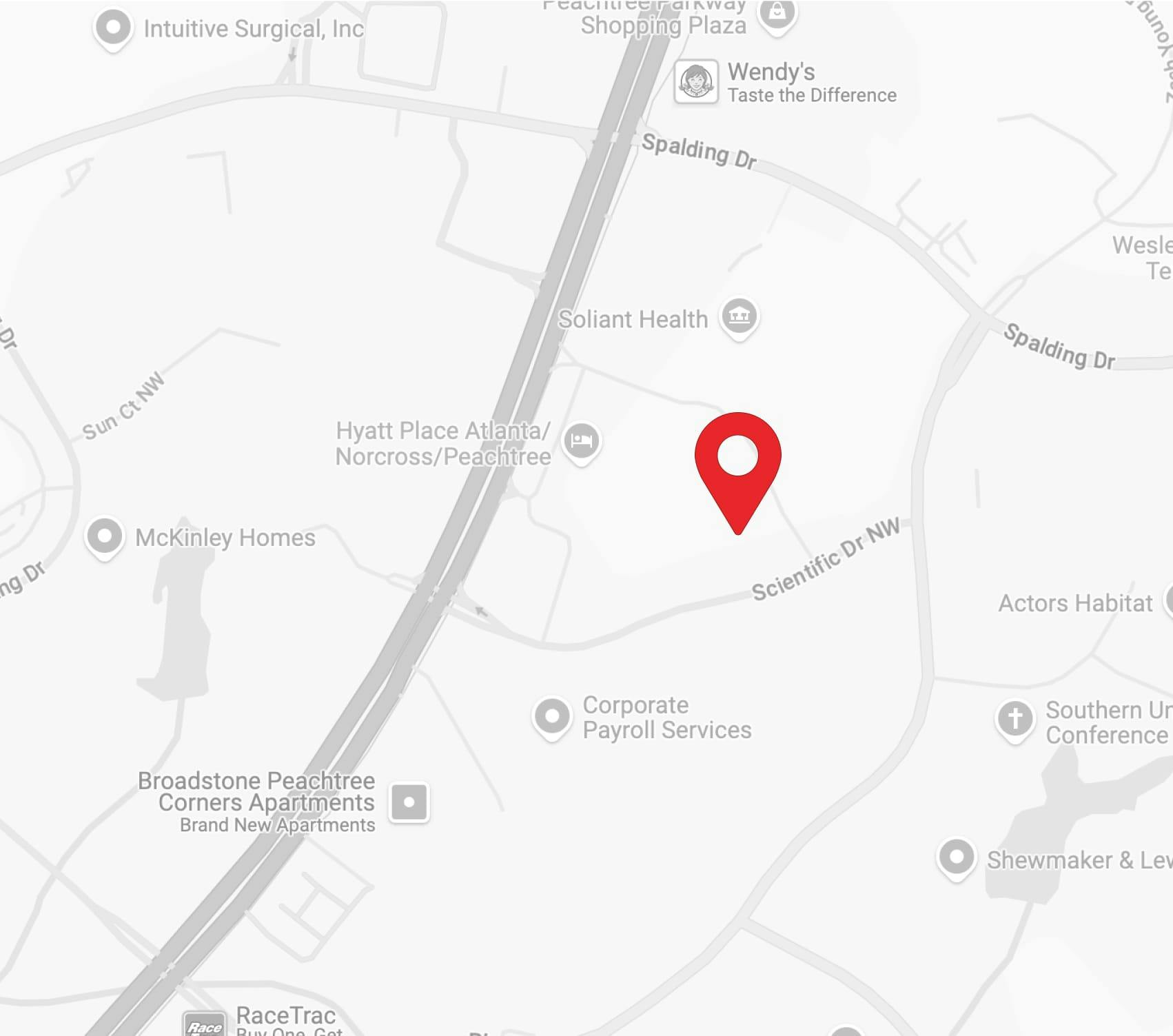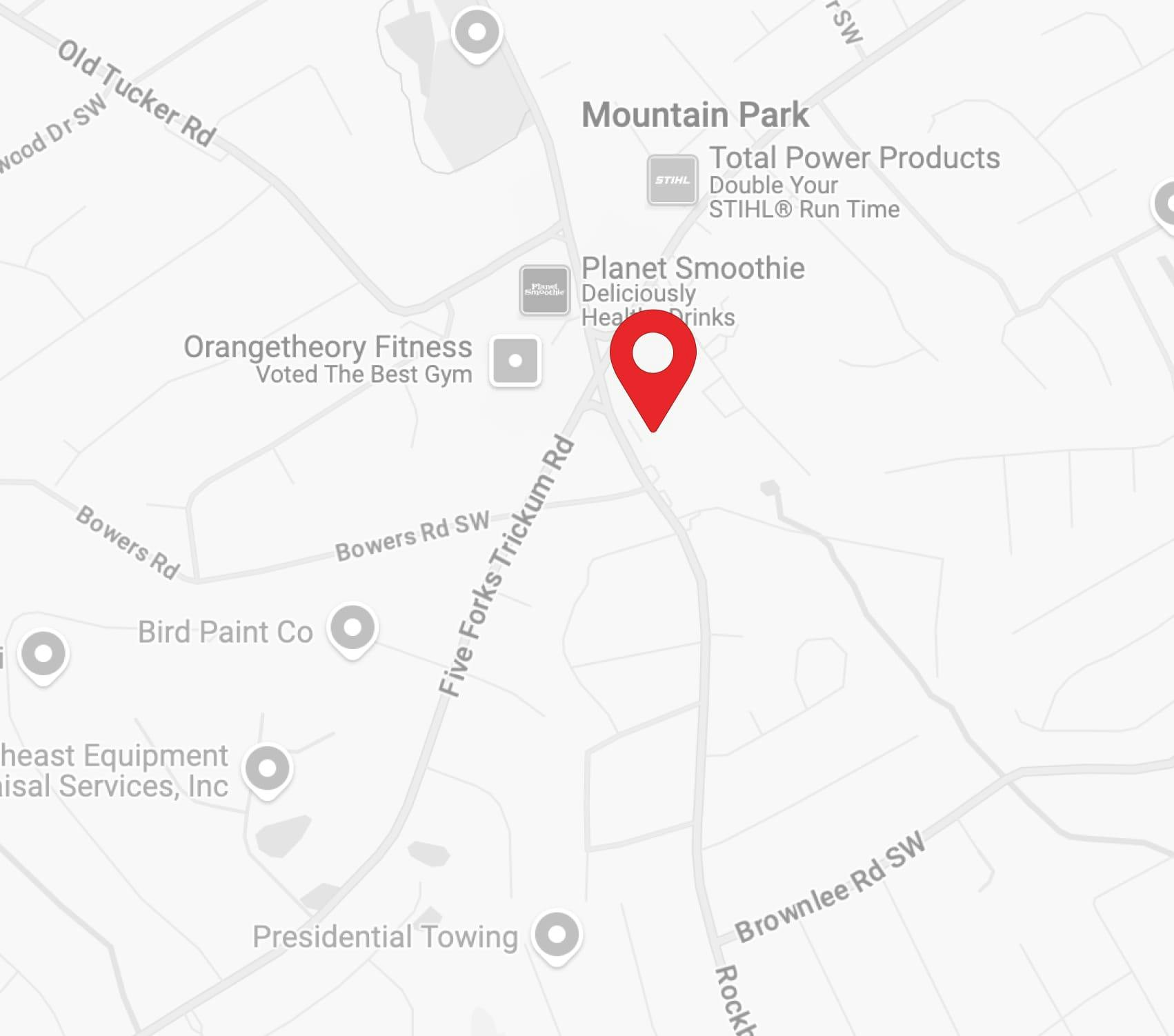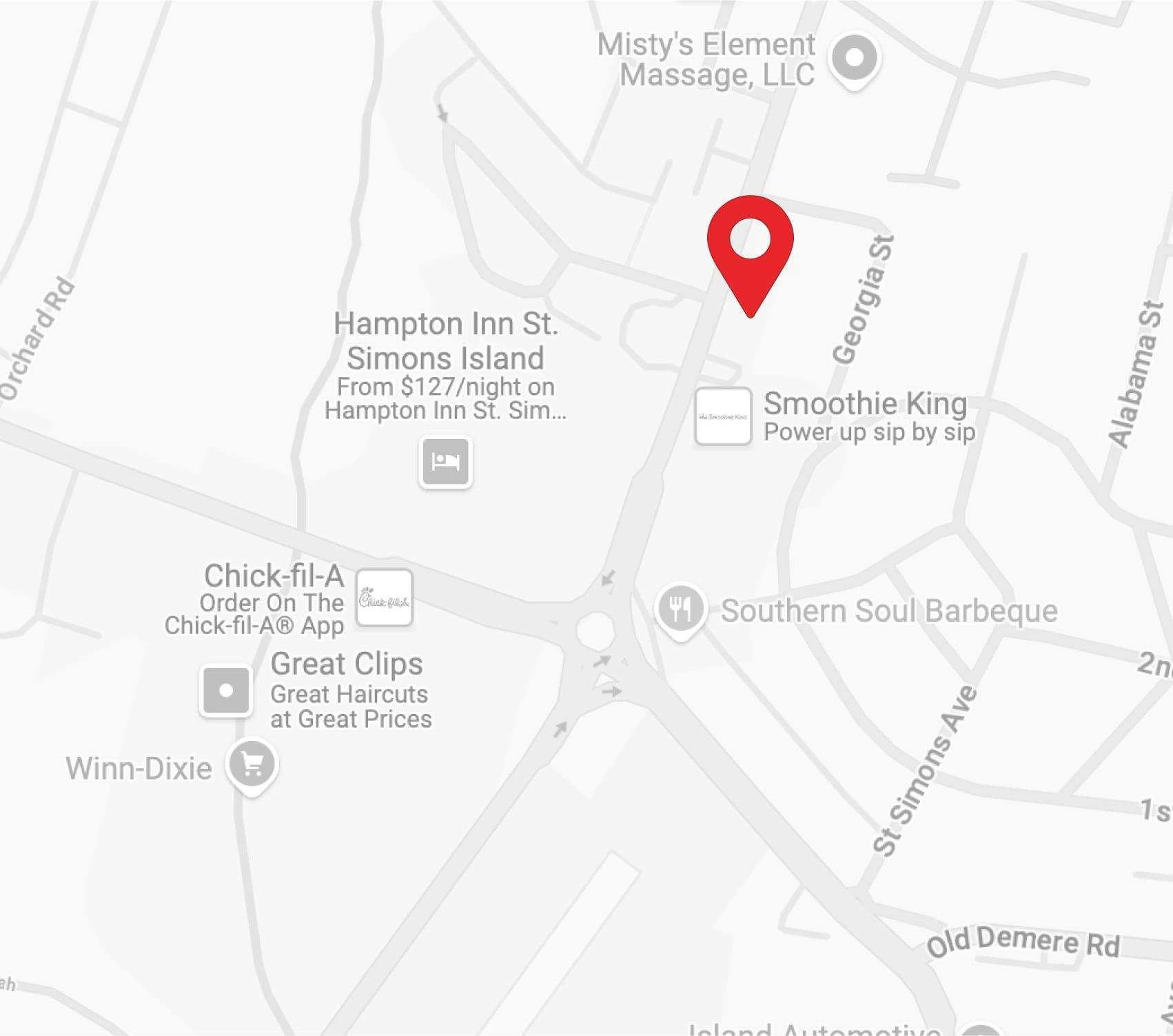Zantac is the brand name for the prescription and over the counter drug ranitidine, which began selling in 1982 and was heavily marketed to treat gastric issues such as acid reflux and ulcers.
Zantac was discovered that the drugs contained a carcinogenic substance called NDMA which is known to be toxic to humans and has been shown to cause various types of cancer. It was banned by the FDA in 2020. Since that time, Zantac lawsuits and Zantac class action litigation have been filed, and are now in their early stages. Turnbull, Moak & Pendergrass are capable and experienced attorneys who can take Zantac mass tort cases such as these the full distance to a jury trial. Contact us for a free evaluation of your case.



